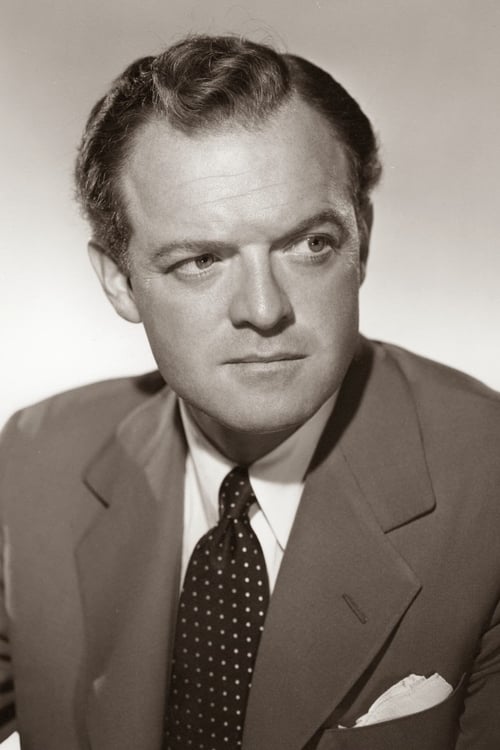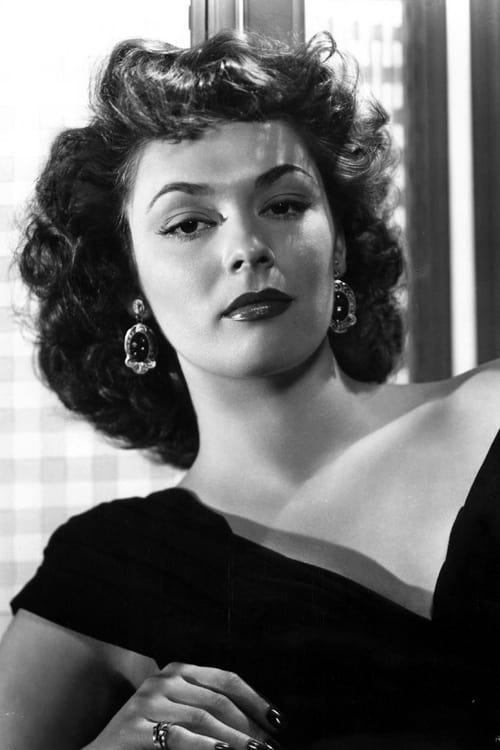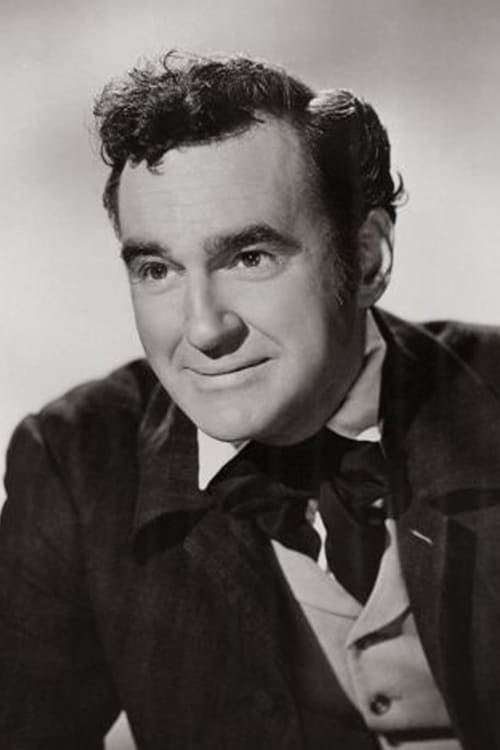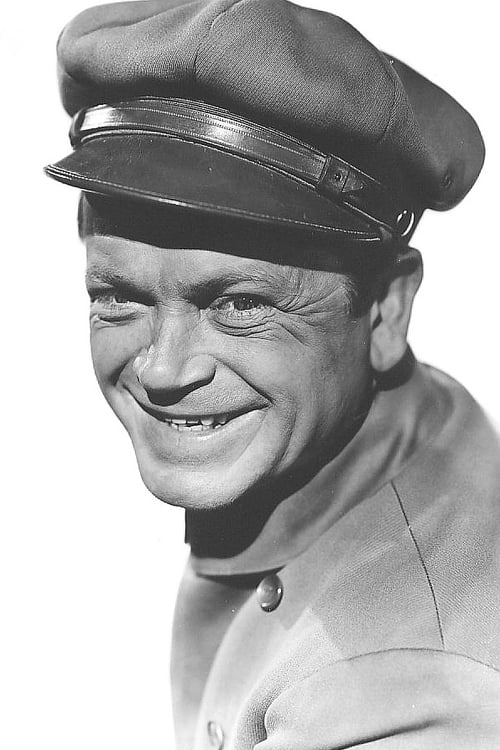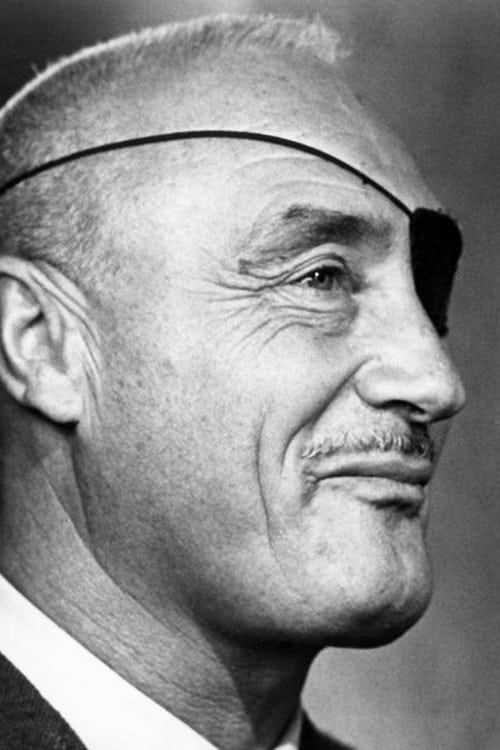Tanganyika (1954)
Land of the hunter ... and the hunted!
ジャンル : アクション, アドベンチャー, ドラマ
上映時間 : 1時間 21分
演出 : André de Toth
脚本 : William Sackheim, Richard Alan Simmons
シノプシス
A landowner in colonial Africa leads a safari through Nukumbi territory in order to capture an escaped criminal.

Drama based loosely on the final years of Kenya game warden and lion-raiser George Adamson's life. An unofficial sequel to 'Born Free' (1966) and 'Living Free' (1972), which also dramatised the life of Adamson, this film picks up the life of George (Richard Harris) on the African wildlife preserve he runs with the help of his brother Terrence (Ian Bannen). When drifter Tony Fitzjohn (John Michie) arrives to work for the old men he initially takes poorly to the task, almost savaged by a lion on his first day and on the verge of leaving when he hears that his predecessor was killed in a similar incident. The arrival of a lion cub that Fitzjohn must care for and raise changes everything. Soon he finds himself helping the brothers in their fight to save lions - and, ultimately, the park itself - from the poachers, soldiers and corrupt government officials that threaten them.

Mwas, a young aspiring actor from upcountry Kenya dreams of becoming an accomplished actor one day, and in pursuit of this, he makes his way to Nairobi, the city of opportunity. He quickly understands why Nairobi is nicknamed Nairrobery as he is bereaved of all his money and belongings and left alone in a city where he doesn’t know a soul. Luck or the lack of it brings Mwas face to face with the city’s criminals and forms a friendship with a small time crook who takes him in. He is quickly drawn into a world of crime as he struggles to pursue his dream of becoming an actor. Keeping the two worlds separate proves to be a challenge for Mwas as he steps into this unknown world called Nairobi.

留置所の檻の中と思しき場所で目を覚ました男は、自分が何者なのかも思い出せない記憶喪失になっていることに気付く。隣の独房には女がおり、「我々は侵略された」と言う。ひょんなことから、自分がアメリカ軍の兵士だったらしいことがわかり、医師だという女とともに檻の外に出ることができた男だったが、そこには見たこともないロボットが人々を襲う光景が広がっていた。

A documentary about people in Kenya who are imprisoned by the global flower industry. The dilemmas of the industry become painfully clear and a dark world of oppression, sexual abuse and terrible working conditions unfolds. There is only one conclusion possible: the smell of the imported rose is not sweet, but bitter.

The story of Kenyan athlete David Rudisha, the greatest 800m runner the world has ever seen, and his unusual coach, the Irish Catholic missionary Brother Colm O'Connell.

In the Indian Ocean, off the coast of Kenya, there is an island. On this island there is a stone town; its stone buildings stand as skeletons of the splendor of its yesteryears. High tide, low tide, Full moon, new moon. Lamu is an island frozen in time. Now Africa’s largest port is being constructed. In order to evolve, what part of ourselves do we keep and what part do we leave behind?

A true story about an Englishman working as a game warden in Kenya who is disgusted by the ongoing destruction of African wildlife, and decides to create a national park to protect them.
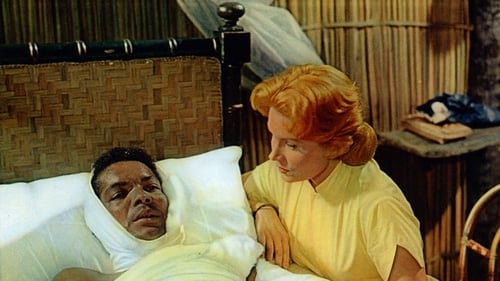
Steve Stratton (Macdonald Carey) is a hardboiled hunter who catches and keeps wild animals in an African sanctuary in order to sell them to zoos and circuses. When he hires a new veterinarian named "P.J. Muir," he does not imagine that the "P" stands for Pamela, played by the gorgeous Rhonda Fleming!

Milking the Rhino is a 2009 documentary film that examines the relationship between the indigenous African wildlife, the villagers who live amongst this wildlife and conservationists who look to keep tourism dollars coming in. Both the Massai of Kenya and the Ovahimba of Namibia have spent centuries as cattle farmers. With their lands being turned into protected game reserves, these ancient tribes have turned to tourism as a means of survival. While some environmentalists think that community-based conservation is ideal for these villagers, the dangers of drought and the starvation of their cattle remains a constant reality.

Each year over 1.2 million wildebeest travel across the vast Serengeti plains and Kenya's Masai Mara on a 1,800 kilometer circular journey, relentlessly followed by every big African predator. Revolutionary spy cams - airborne, swimming or disguised as rocks, skulls or dung - reveal the Great Wildebeest Migration from entirely new perspectives. This 2-part series focuses on the growing-up of a calf as he takes his first steps, faces his first deadly perils and tries to cross crocodile-infested rivers. It combines natural humor with exciting drama and gripping music.
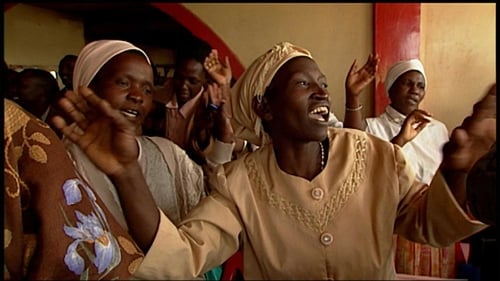
This documentary provides a window into the extraordinary life of activist and Nobel Laureate Wangari Maathai, a Kenyan woman who has worked to regain ownership of her country and its fate after years of colonialism. While gentle and thoughtful, Maathai carries a powerful message: the First World holds much of the responsibility for the environmental, economic and social struggles of the developing world.

A documentary detailing an indiscriminate terrorist attack that left 71 dead in Kenya.

This early travelogue film, made in a Kenyan train station, captures an impromptu musical performance. Some passengers eagerly join in while others sleep—blissfully unaware of the performance taking place around them.

The photographic record of an African expedition led by producer-explorer Armand Denis and his (very) photogenic and camera-toting wife Michaela, who goes bird-riding at an ostrich farm. The expedition ranges from the central interior jungles and mountains to both coasts and as far south as Capetown, and ends with a gorilla hunt led by natives using 100-year-old muskets.

Α Bengalese architect builds library boats that can bring books to people even during the monsoon season. Α Mongolian author packs two boxes full of books each summer to provide reading material to children in remote areas. Α Kenyan librarian leads caravans of camels loaded with boxes of books to the nomadic tribes bordering Somalia. Despite the heat, wind, rain or snow, they still manage their long journeys. This film about the fascinating world of mobile libraries tells of unusual means of transportation and adventurous travel, of different cultures and lifestyles, of the worries, aspirations and dreams of people in these areas – of books that change lives – and of book lovers, who take on unbelievable challenges in order to provide people in the remotest areas of the world with reading material. A film about the love of literature and the respect for knowledge that accepts no boundaries.

The daughter of Sir Donovan is believed dead with her mother and other relatives in a plane crash in the African jungle. Fifteen years later, vague reports arrive in Europe that a Kenyan tribe has elected a white woman as their queen, Tarzana (meaning 'strange woman' in Bantu), and Sir Donovan wants to believe she is his daughter.
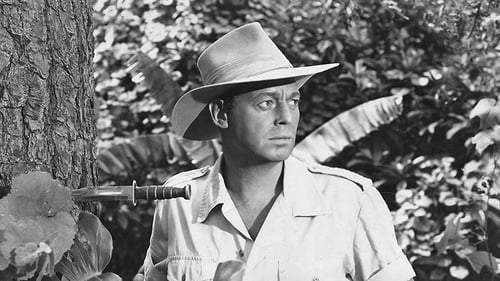
Nazis dressed to look like Great Apes are looking for gold, and Jungle Jim must stop them.

As if they were showing their film to a few friends in their home, the Johnsons describe their trip across the world, which begins in the South Pacific islands of Hawaii, Samoa, Australia, the Solomons (where they seek and find cannibals), and New Hebrides. Thence on to Africa via the Indian Ocean, Suez Canal, North Africa, and the Nile River to lion country in Tanganyika. (They are briefly joined in Khartum by George Eastman and Dr. Al Kayser.) Taking a safari in the Congo, the Johnsons see animals and pygmies, and travel back to Uganda, British East Africa, and Kenya.
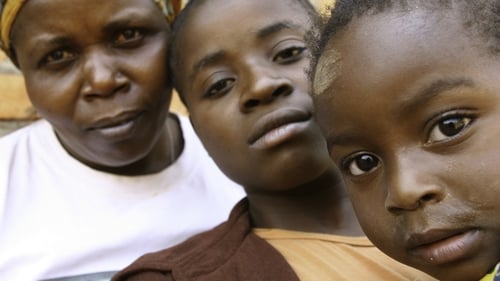
Sexual violence against women is a very effective weapon in modern warfare: instills fear and spreads the seed of the victorious side, an outrageous method that is useful to exterminate the defeated side by other means. This use of women, both their bodies and their minds, as a battleground, was crucial for international criminal tribunals to begin to judge rape as a crime against humanity.

Set amid the magnificent scenery of the Kenyan bush, this safari adventure from 1954 depicts the many dangers faced by a group of British settlers in East Africa during the last decade of the nineteenth century.

